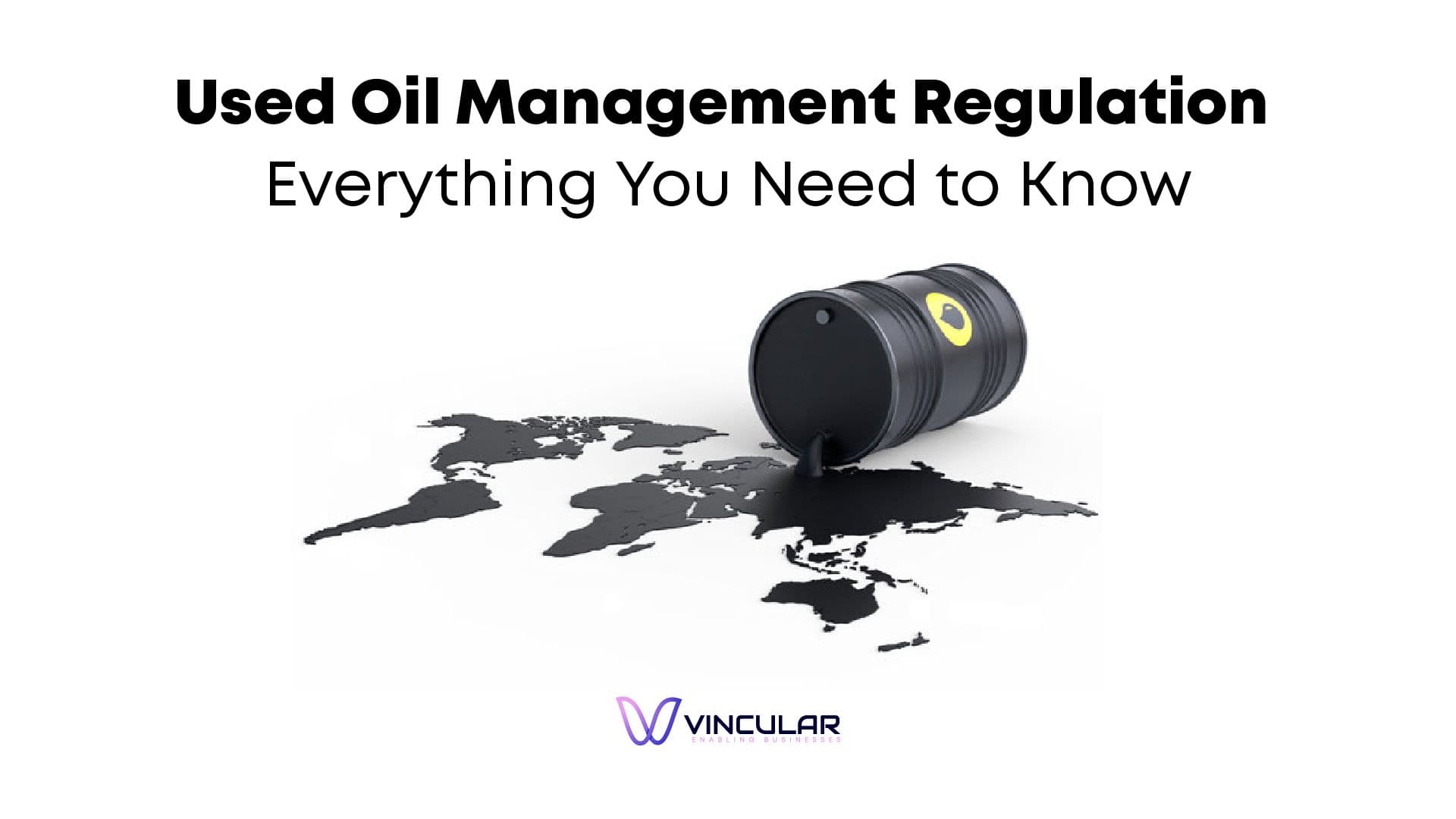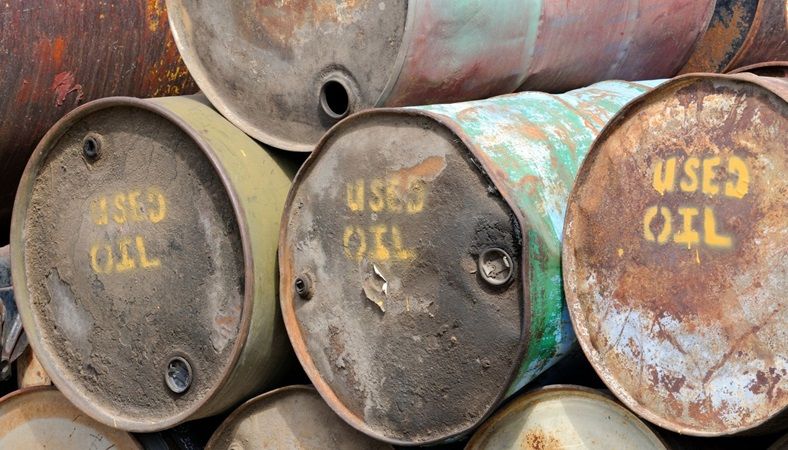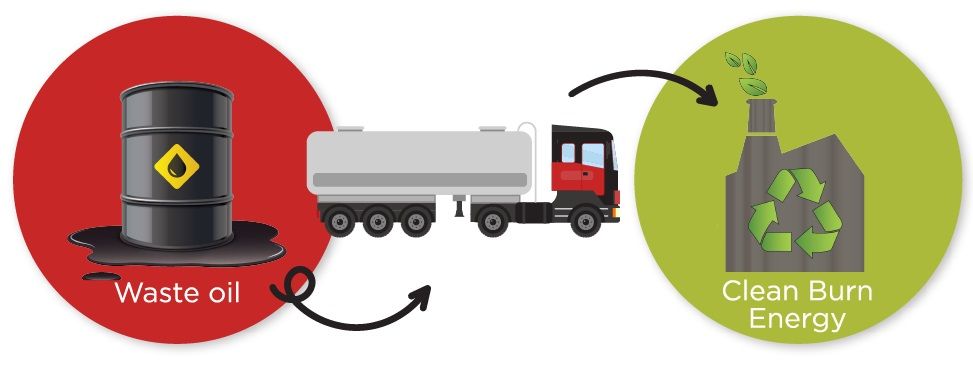
Used Oil Management Regulation: Everything You Need to Know
Vincular is hosting a webinar on the latest used oil management regulation onTuesday, August 13 at 11:AM IST. This will be a 60-minute session where our experts will give you a comprehensive understanding of this new rule. We have limited seats so register now from the link. Properly managing used
Vincular is hosting a webinar on the latest used oil management regulation onTuesday, August 13 at 11:AM IST. This will be a 60-minute session where our experts will give you a comprehensive understanding of this new rule.
We have limited seats so register now from the link.
Properly managing used oil is crucial for keeping our environment clean and safe. Used oil can become contaminated and, if not handled correctly, can lead to pollution. That’s why the government has introduced specific rules for managing used oil.
But before we learn about used oil management, let’s first understand what used oil is and which types fall under this category.
What Is Used Oil?

Used oil is any oil that has been used and is no longer clean or fresh. Here’s a simple breakdown:
Used Oil Includes:
- Synthetic Oil: Made from chemicals, not just from crude oil.
- Metalworking Oils are used for cutting and shaping metals.
- Engine oil for cars, trucks, aeroplanes, boats, and heavy equipment engines.
- Hydraulic Fluids: Used in machines to make them move.
- Wire Drawing Solutions: Used for shaping copper and aluminium wires.
- Electrical Insulating Oil: Keeps electrical equipment from short-circuiting.
- Industrial Process Oils: Used in various industrial processes.
- Oil Used for Buoyancy
- Refrigeration Oils
- Transmission Fluid
- Compressor Oils
- Laminating Oils
Used Oil does not Include:
- Waste Oil: Such as oil left over from cleaning tanks or from oil spills that haven’t been used.
- Antifreeze and Kerosene
- Vegetable Oil and Animal Oil: These are cooking oils and are not considered used oil, though they can be recycled differently.
- Solvents: Petroleum-based liquids used for cleaning or dissolving other substances.
It’s important to dispose of hazardous waste properly since it can lead to pollution, which is why the government has rolled out rules for managing used oil.
Introduction to Used OIL Management Rule
So, after the introduction of Extended Producer Responsibility (EPR) for electronic waste, plastic waste, tyres, and batteries, the Ministry of Environment, Forest, and Climate Change (MoEFCC) has now introduced new rules for used oil.
Starting April 1, 2024, the Hazardous and Other Waste (Management and Transboundary Movement) Second Amendment Rules, 2023 will apply to used oil. This new chapter in the 2016 Waste Management Rules focuses on Extended Producers Responsibility (EPR) for used oil.
These rules affect:
- Recyclers of used oil
- Producers and manufacturers of base and lubrication oils
- Collection agents
- Importers of base oils
To manage this, the Central Pollution Control Board (CPCB) has set up an online portal. Entities involved must register on this portal and file quarterly and annual reports to get EPR certificates.
Responsibilities of Stakeholders to Manage Used Oil

In the market, various stakeholders are dealing in used oil who need to fulfil the following responsibility as per the compliance.
- The producers need to get EPR registration or used oil through the CPCB portal and fulfil their EPR Targets.
- The producer, collection agents, importer, and recyclers need to file annual and Quarterly returns online using the portal before the deadline.
- Proper arrangements for the collection, transport, and storage of used oil.
- The producer needs to provide contact details through the website or any other medium to facilitate the collection process.
- Producers need to spread awareness through the available means of communication.
Impact on the Customer from Used Oil Management Rule
The new used oil management regulations bring important changes that companies and stakeholders must follow to stay compliant. As a customer, here’s how these rules affect you:
- Companies now have specific instructions on how to handle used oil, ensuring it is managed properly and safely.
- Businesses will need to register on the Central Pollution Control Board (CPCB) portal to get their EPR certificates for used oil.
- These rules will help improve environmental conditions by promoting better recycling and disposal practices.
- With proper management of used oil, products will be safer and more environmentally friendly.
Vincular’s Support
At Vincular, our team is dedicated to helping you understand and follow environmental rules and Extended Producer Responsibility (EPR) requirements in India. We offer clear guidance on meeting these regulations and ensure your processes are set up to comply smoothly.
We provide the latest updates on regulations, help with paperwork and reporting, and offer practical solutions to keep your business compliant. With our support, you can manage your EPR duties effectively and contribute to a cleaner, safer environment.
To get more information about used oil management rules we invite you to join our free webinar on Tuesday, August 13, 2024, at 11 AM IST. Attending our webinar will provide you with an overview of the new guidelines for used oil management and the procedures that stakeholders need to understand and implement to ensure compliance.